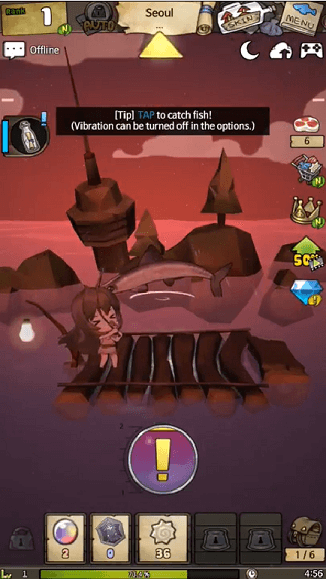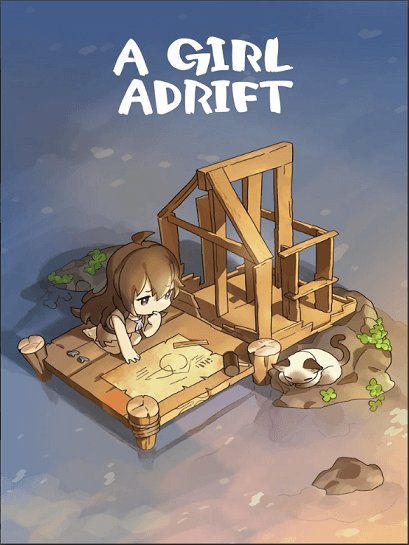

#Nobody saves the world fish cure quest full#
And there are some predominant ngen to whom we need to pray” like the Truful Truful’s, he said.įailure to ask the ngen’s permission to approach the water, or to explain the need to do so, means transgressing on the space, alienating the spirits protecting it and making you, your family and even your animals sick.īut if the ngen permits it, then Ayenao can use the falling water’s distinctive “energy power” for healing purposes, either in riverside ceremonies or by taking large soda bottles full of it back to his house. “Ngen existed before us and it’s they who allow us to live in a place. That would be a reciprocity offering for the river’s ngen should Ayenao decide to draw water to treat his patients’ physical and spiritual ailments. On a chilly afternoon, Ayenao approached the river’s largest waterfall, the proposed site of a new hydroelectric plant, with a bag of seeds in his pocket. Mapuche community members' reverence is evident when they walk alongside rivers like the Truful Truful, whose name means “from waterfall to waterfall” in the Mapudungun language. He cited as an example construction in the early 2000s of the Ralco dam, which flooded sacred compounds and generated an uproar that prevented similar massive projects and energized cultural resistance to smaller ones. “Īnd trampling a crucifix - as some protesters did in 2019 mass uprisings - is as painful and evil as damming a river, he said. Everything that’s outside is also inside ourselves,” he said, sitting by the fire in his ruka, a traditional building outside his house near Araucania’s capital, a two-hour drive from the Truful Truful. A first step against it is to ensure non-Natives understand how nature matters to the Mapuche, Indigenous leader and mediator Andrés Antivil Álvarez said. But they’re also dealing with growing violent attacks against agricultural, logging and energy industries, particularly in the Araucania region, including by some groups claiming Mapuche ancestral lands that were never fully conquered by the Spanish empire and only fell to the Chilean state at the end of the 19th century.įor most Mapuche, such violence further destabilizes the desired balance between people, the natural space they belong to and the spirits that inhabit it. Next month, Chileans will vote on a new and controversial constitution spotlighting Indigenous rights and land restitution. Several Mapuche leaders say spirits appearing in dreams encourage the fight against capitalism in their ancestral territory. It’s on the question of rights over Indigenous land, a volatile issue in Chile’s politics, that spirituality gets entangled with ideology. “At the same time as we’re fighting for the river, we’re in the process of territorial recovery and spiritual reconstruction.” “I am the river too, we’re as sacred as the river,” Huichalaf said as a thunderstorm pounded her wooden cabin.

Some 200 miles to the south, another machi, Millaray Huichalaf, has led a sometimes-violent battle against hydroelectric plants on the Pilmaiquen River, which flows through rolling pastures from a lake in the Andes’ foothills.Īfter her resistance and cultural consultations with Indigenous communities, an energy company froze plans for a plant by a riverside sacred site and said it would return ownership of the land to the Mapuche.īut construction is continuing on another plant, so the fight isn't over - just as it isn't on the Truful Truful, where a proposed plant is under review. “You have to keep the balance, and this is broken when one intervenes in natural spaces for a selfish purpose.” “Being part of nature, we cannot destroy part of ourselves,” said Lientur Ayenao, a machi or healer and spiritual guide who draws water from the Truful Truful for his ceremonies. That has led many Mapuche across Chile’s water-rich south to fight hydroelectric plants and other projects they see as desecrating nature and depriving Indigenous communities of essential energies that keep them from getting sick.


 0 kommentar(er)
0 kommentar(er)
